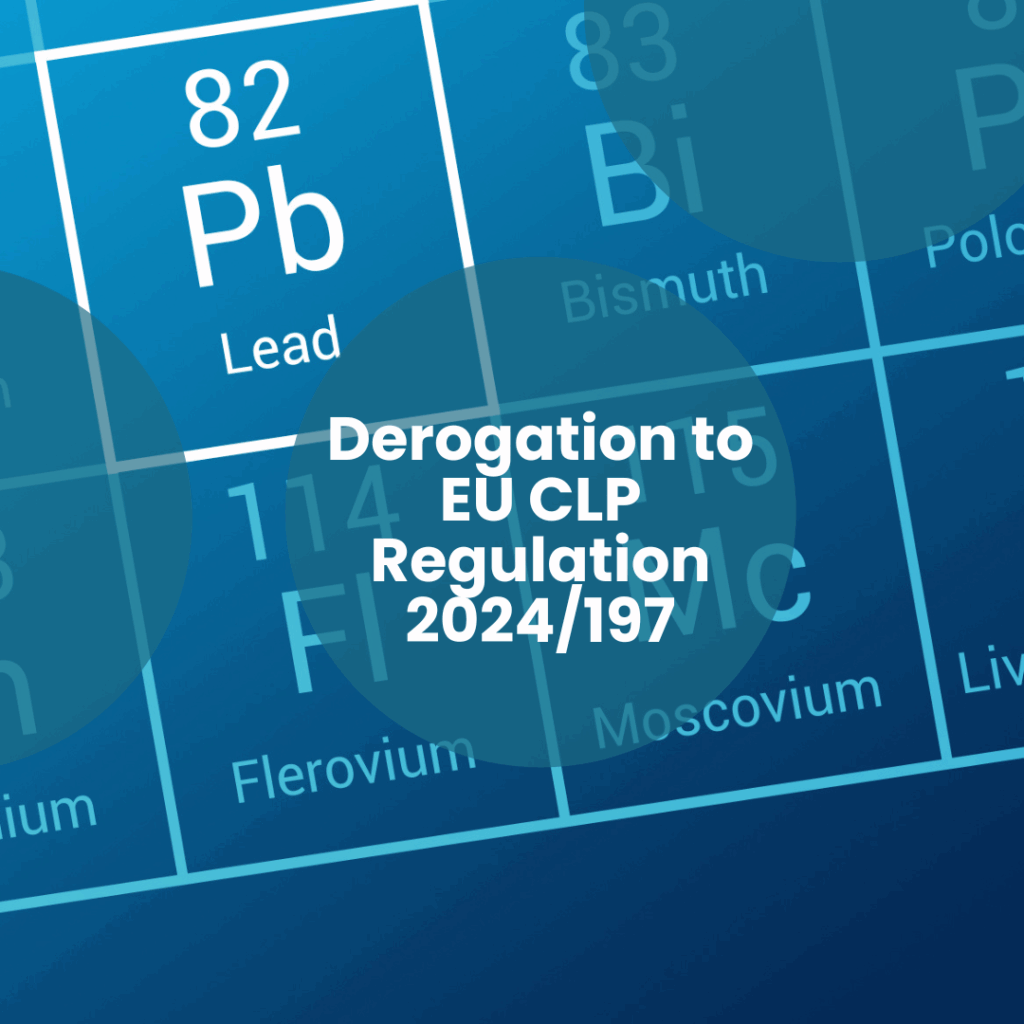As you already know, on September 1, 2025, the EU CLP Regulation 2024/197 came into force, significantly lowering the permissible concentration limits of lead in metal alloys. This regulation directly impacts companies working with materials such as brass—widely used across industries relying on CNC machining—and brings with it new technical and organizational responsibilities.
Even though the regulation is already in effect, there is an important update: Italy has signed the ADR Multilateral Agreement M366, later joined by countries such as Slovenia. This agreement introduces a temporary derogation for the transport of lead-containing alloys, valid until August 31, 2027, and applicable only between signatory countries.
What has changed
The new thresholds set the lead limit at 0.025% for powders and 0.25% for massive metal. As a result, many alloys previously considered “ordinary” are now classified as UN 3077 – Class 9 (Environmentally hazardous substance, solid, n.o.s.), which entails full ADR compliance: transport in equipped vehicles, certified packaging, hazard labeling, staff training, and—depending on the quantities handled—the appointment of an ADR Consultant.
With the Multilateral Agreement M366, alloys classified under UN 3077 may be transported under simplified requirements, provided that:
- they are poorly soluble in water, with supporting technical-scientific documentation or analytical tests
- they are packed in dust-tight, water-resistant containers, or transported in bulk under VC1/VC2 codes
- a copy of the agreement is carried on board the transport vehicle.
What this means for the CNC machining sector
This derogation does not remove the obligations, but it does give companies some breathing space to adapt gradually, without disrupting logistics and operations. To effectively address this regulatory and technical challenge, it is still essential to:
- Review alloys in use: verify lead content and, where feasible, switch to low-lead alternatives.
- Upgrade machines and accessories: ensure equipment can handle less malleable materials without compromising precision and tolerances. Solutions like Autor’s Macro-Chipbreaker optimize chip removal even on critical alloys, reducing vibration and build-up while maintaining thermal stability.
- Manage logistical risk: when applying M366, prepare the required documentation and ensurethat all transport routes involve only signatory countries.
- Training and compliance checks: train ADR personnel (shipping, loading/unloading, documentation) and implement operational checklists to verify materials and packaging before shipment.
Find out how Autor’s solutions can support your compliance with the new regulations and help optimize your CNC machining processes
Contattact us directly for a consultation.

